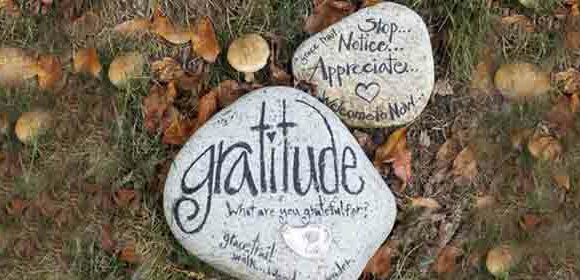Author : Miguel Ángel Ruiz Macías (born August 27, 1952), better known by his pseudonym as Don Miguel Ruiz, is a Mexican author of Toltec spiritualist and neoshamanistic texts.
Don Migual Ruiz says in his book, “You need a very strong will in order to adopt the Four Agreements—but if you can begin to live your life with these agreements, the transformation in your life will be amazing. You will see the drama of hell disappear right before your very eyes. Instead of living in a dream of hell, you will be creating a new dream—your personal dream of heaven.”
Guide to Toltec Wisdom. … Toltec, by the way, is a path that teaches us to transcend our limiting beliefs and self-sabotaging behavior patterns so we may live a fulfilling and authentic life.
While the Toltec culture left no written records, Ruiz employs the word Toltec to signify a long tradition of indigenous beliefs in Mexico, such as the idea that a Nagual (shaman) guides an individual to personal freedom. After exploring the human mind from an indigenous as well as scientific perspective, Ruiz combines traditional wisdom with modern insights.
I have taken the liberty of publishing below, the four agreements which I have taken from https://www.optimize.me/philosophersnotes. I believe that if we can apply these four agreements into our lives, we will all benefit so much.
Be impeccable with your word
In a sense, social constructivists are correct about words creating reality. We act on what we tell ourselves is real. Albert Ellis encouraged us to screen our self-talk for negative, irrational chatter. So, what kinds of words do you use when you describe reality? Do you lie and say hurtful and poisonous things about yourself and others? Not healthy!
To be impeccable with your word is to be truthful and to say things that have a positive influence on yourself and others.
Don’t take anything personally
The first agreement suggests that we avoid treating others hurtfully. The second agreement provides us with a way of dealing with potentially hurtful treatment from others. Because each person sees the world in a unique way, the way that others treat us says as much about them as it does about us. To not take anything personally is to acknowledge the unique identities of other people. We respect their subjective realities, realizing that their views do not necessarily describe us accurately.
“Write this agreement on paper, and put it on your refrigerator to remind you all the time: Don’t take
anything personally.”
“When you make it a strong habit not to take anything personally, you avoid many upsets in your life. Your anger, jealousy, and envy will disappear, and even your sadness will simply disappear if you don’t take things personally.”
“When you transform your whole dream, magic just happens in your life. What you need comes to
you easily because spirit moves freely through you. This is the mastery of intent, the mastery of
spirit, the mastery of love, the mastery of gratitude, and the mastery of life. This is the goal of the
Toltec. This is the path to personal freedom.”
Don’t make assumptions
Assuming that you know what other people are thinking or feeling about you is a limiting thought that Aaron Beck called Mind Reading. Obviously, none of us can read minds. When we try to engage in mind reading we will often be wrong, leading to undesirable consequences. The antidote to mind reading is to ask for evidence before concluding what people are thinking.
Always do your best
One obvious reason for doing your best is that we cannot achieve our goals by being lazy. If you do your best, not only are you are more likely to achieve goals, but you will also avoid criticism from what Ruiz calls your internal Judge. There are also more subtle issues about doing “your best.” One is that you should not try to do better than your best. Pushing yourself too hard can cause pain, injury, and mistakes. More subtle still is the recognition that our “best” will vary from moment to moment, that, in a sense, you are always doing your best. Realize this, and your inner Judge can take a permanent vacation. “Nobody abuses us more than we abuse ourselves.”








